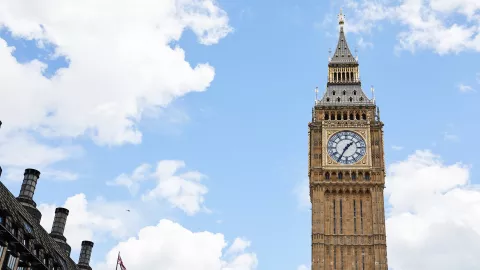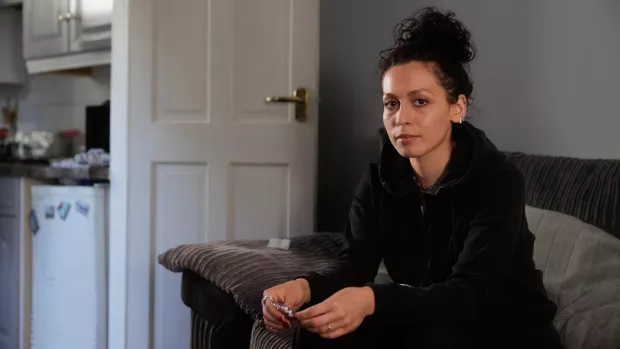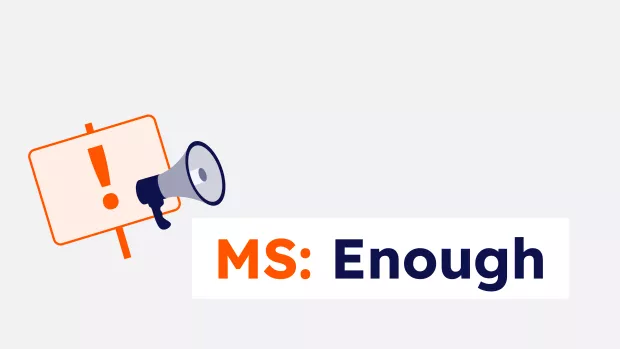
The Government’s welfare plans - the good, the bad and the ugly
This week the UK Government announced their biggest planned changes for disability benefits in a decade. We look at what these proposals mean for people with MS.
Some of these changes might be concerning, but they aren’t coming in for years, so we have lots of time to campaign for them to work for people with MS.
The Good
1. Specialist benefit assessors
The UK Government will start testing the use of specialist assessors for specific health conditions. This means people with MS might no longer have to explain the basics of MS to their assessors.
We called for this in our PIP fails campaign. Over 20,000 of you signed our petition. It’s great to know our campaigning can make a difference.
2. Automatically sharing assessment reports
The UK Government will test automatically sharing assessment reports with claimants before a decision has been made.
We’re very pleased, as this is something we've been calling for for years. It means people will see their assessment report without having to ask for a copy.
People with MS tell us their reports don’t always reflect what happened in their assessment. Seeing the report before a decision means people can question it before the decision happens - and hopefully get the benefits they're owed sooner.
3. Energy Price Guarantee extended
The Energy Price Guarantee will be extended until June. That limits the unit cost on gas and electricity and the standing charges from energy providers.
This is a campaign win. We joined over 100 charities and Martin Lewis, the Money Saving Expert, to call for this.
The Bad
1. More people could face work-related requirements
The UK Government plans to scrap the Limited Capability for Work and Work-Related Activity (LCWRA) group. This means more people with MS could be made to carry out inappropriate work-related activity or face the threat of losing their financial support.
And whether people do lose that support (face 'sanctions') will depend on the individual work coach. We think this is unfair and subjective.
There's no evidence that sanctions get people into work. We want them to be scrapped for people with MS.
2. No increase to the rates of benefits
We're very disappointed the UK Government has made no commitment to increase benefits rates. People living with MS on benefits are at breaking point and making do with too little money.
We want them to increase the rate of benefits and increase them in line with inflation twice a year, rather than once.
The UK Government must also remove the benefit cap, two child limit, and debt deductions. We've been campaigning for these changes as part of our Breaking Point campaign.
And the Ugly
1. Support to get into work
The UK Government will change Universal Credit, so people can get back into work without the risk of losing their benefits. But we don't want people to be sanctioned for not giving work a go when it isn’t appropriate.
If the UK Government is serious about increasing the number of people in work, people need to be supported to stay in work, and that work needs to be good. Read our proposals to make employment work for people with MS.
2. Removing the Work Capability Assessment
The UK Government is getting rid of the Work Capability Assessment (WCA). This means people on Universal Credit who get extra financial support for a health condition will be assessed by the Personal Independence Payment (PIP) assessment.
While many people with MS will welcome one fewer assessment, we know PIP does not work. Lots of people with MS are inaccurately assessed as part of PIP. So people risk losing even more of their financial support.
If the UK Government wants to rely on PIP, it must make it work. This means making the assessment criteria fit for purpose, including scrapping the 20m rule. Read more about our PIP and benefits campaigning.
What happens next?
These changes won’t be brought in for years and there are lots of opportunities for us to campaign for better.
Benefits and the cost of living crisis are two of our key priorities for the rest of the year. Stay tuned for news on how you can get involved.




